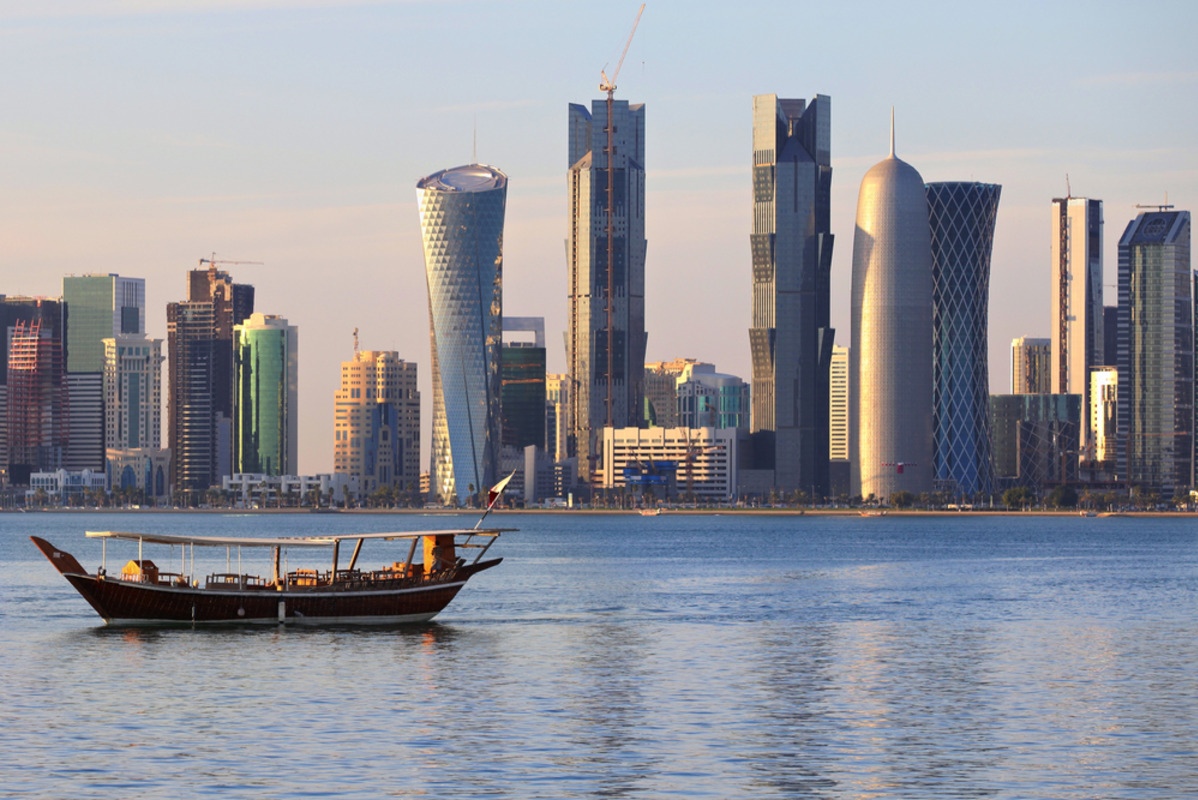According to the report, this growth is primarily due to strong demand from the public and the popularity of Islamic products
Islamic banking holds a prominent position in Qatar, representing 25 percent of total sector assets by the end of 2023 (compared to 25 percent at the end of 2022).
According to a recent report by Fitch Ratings, this growth is primarily due to strong demand from the public, the popularity of Islamic products, and the well-established branch and digital networks of Islamic banks in the country.
Read more: Qatar’s fiscal strength, gas expansion plans earn ‘AA’ rating upgrade: Report
In 2023, the growth of the Islamic banking segment remained stagnant due to significant government repayments and subdued demand from the public sector. However, favorable oil prices and stable operating conditions provided support to the overall performance.
Islamic banking is prominent in #Qatar, constituting 25% of total sector assets at end-2023 (end-2022: 25%) due to high public demand, the mainstream relevance of Islamic products, and solid branch and digital networks.
Learn more: https://t.co/hJKGrUK7wL#Islamicbanks pic.twitter.com/WtGvaedZCU
— Fitch Ratings (@FitchRatings) April 5, 2024
Stable profitability, improved financial health for Qatari Islamic banks
Fitch predicts that the growth of financing in Qatari Islamic banks will likely remain modest in 2024. However, profitability is expected to remain stable, as it improved in 2023 owing to reduced charges related to financing impairments. The banks’ capital buffers are anticipated to remain sufficient to mitigate risks, thanks to internal capital generation and low growth in financing. Fitch also expects asset quality to remain resilient in 2024, supported by adequate buffers and sound underwriting standards that help manage risks associated with higher concentrations and exposure to the real estate sector.
The introduction of Islamic structured deposits and repo operations by the Qatar central bank has enhanced the short-term liquidity tools available to domestic Islamic banks. Fitch anticipates that Qatari banks will continue to issue sukuk (Islamic bonds) in 2024 to replace upcoming maturities and diversify their funding sources.
In March, Fitch upgraded three Qatari Islamic banks from ‘A-‘ to ‘A’ following the upgrade of the Qatari sovereign rating from ‘AA-‘ to ‘AA’. This reflects the increased capacity of the Qatari authorities to provide support to the banking sector.
For more news on banking & finance, click here.


